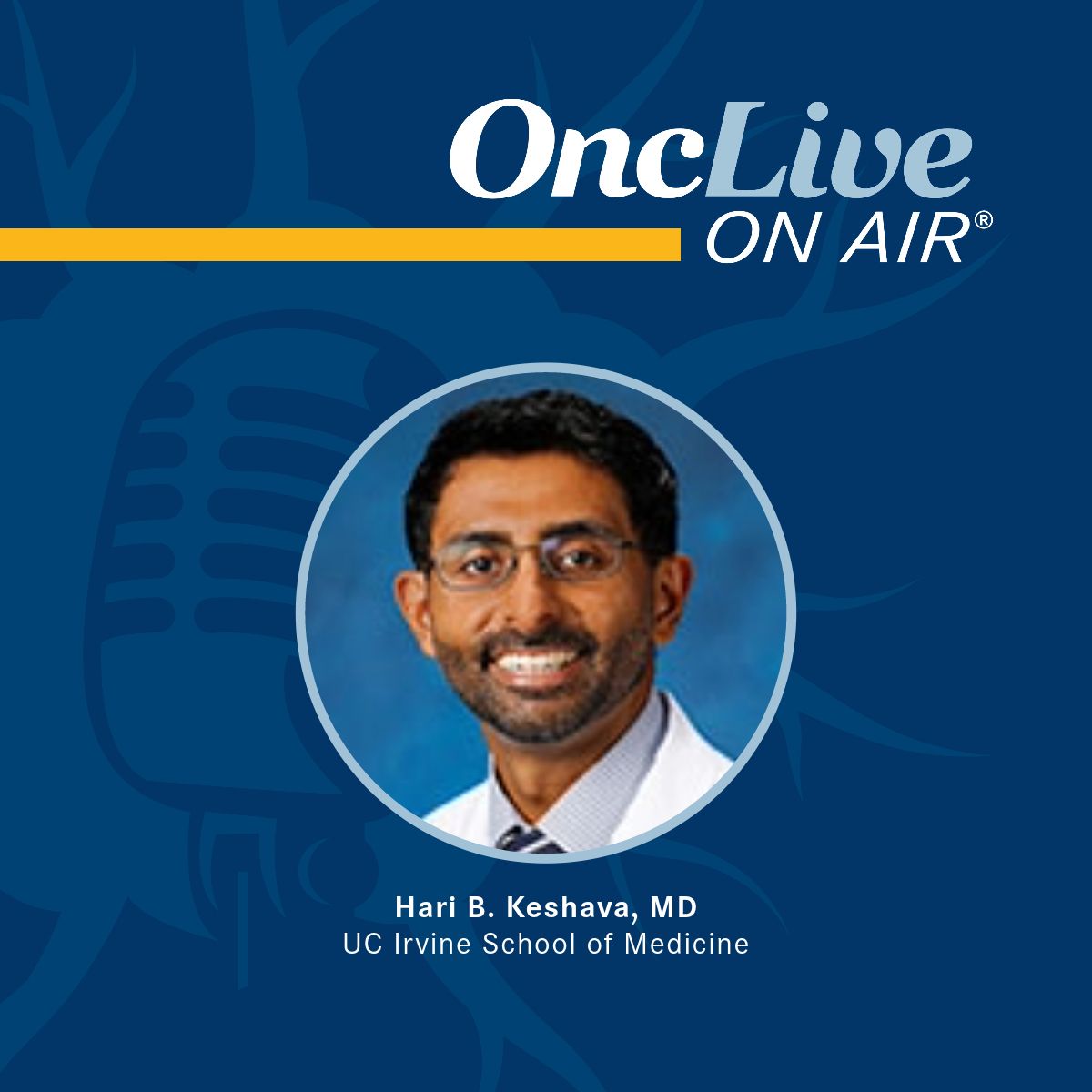Video
Dr. Reckamp on MET-Targeting Strategies in NSCLC
Author(s):
Karen Reckamp, MD, co-director, Lung Cancer and Thoracic Oncology Program, medical director, Clinical Research Operations, professor, Department of Medical Oncology & Therapeutics Research, thoracic oncologist, discusses current and emerging therapeutic strategies to target MET in non-small cell lung cancer.
Karen Reckamp, MD, co-director, Lung Cancer and Thoracic Oncology Program, medical director, Clinical Research Operations, professor, Department of Medical Oncology & Therapeutics Research, thoracic oncologist, discusses current and emerging therapeutic strategies to target MET in non-small cell lung cancer (NSCLC).
MET-targeting strategies for lung cancer have been explored for quite some time, but early studies were negative likely due to patient selection and lack of understanding of the complexities of the MET signaling pathway, Reckamp says. Now, it is known that MET is important in direct signaling through other pathways and can also connect with other tyrosine kinase pathways. It can also result in resistance mechanisms and activation of other pathways, she says.
Therefore, direct MET inhibition may not be as effective. Researchers have identified mutations and amplification, including the MET exon 14 skipping mutation. Regarding agents, crizotinib (Xalkori) leads to an approximate 40% response rate in these patients. In May 2018, the FDA granted crizotinib a breakthrough therapy designation for the treatment of patients with metastatic NSCLC with MET exon 14 alterations who progress after receiving platinum-based chemotherapy.
Beyond crizotinib, investigators are looking to target more patients through MET. Combination or multi-targeted therapies have shown that targetingMET can be beneficial in wild-type patients, as well. Novel agents such as bispecific antibodies are being explored to overcome resistance, such as resistance to osimertinib (Tagrisso) in those who develop MET amplification.









